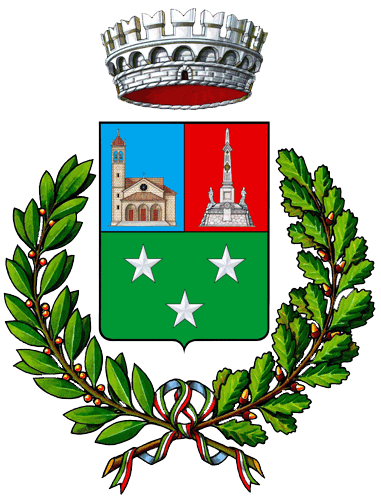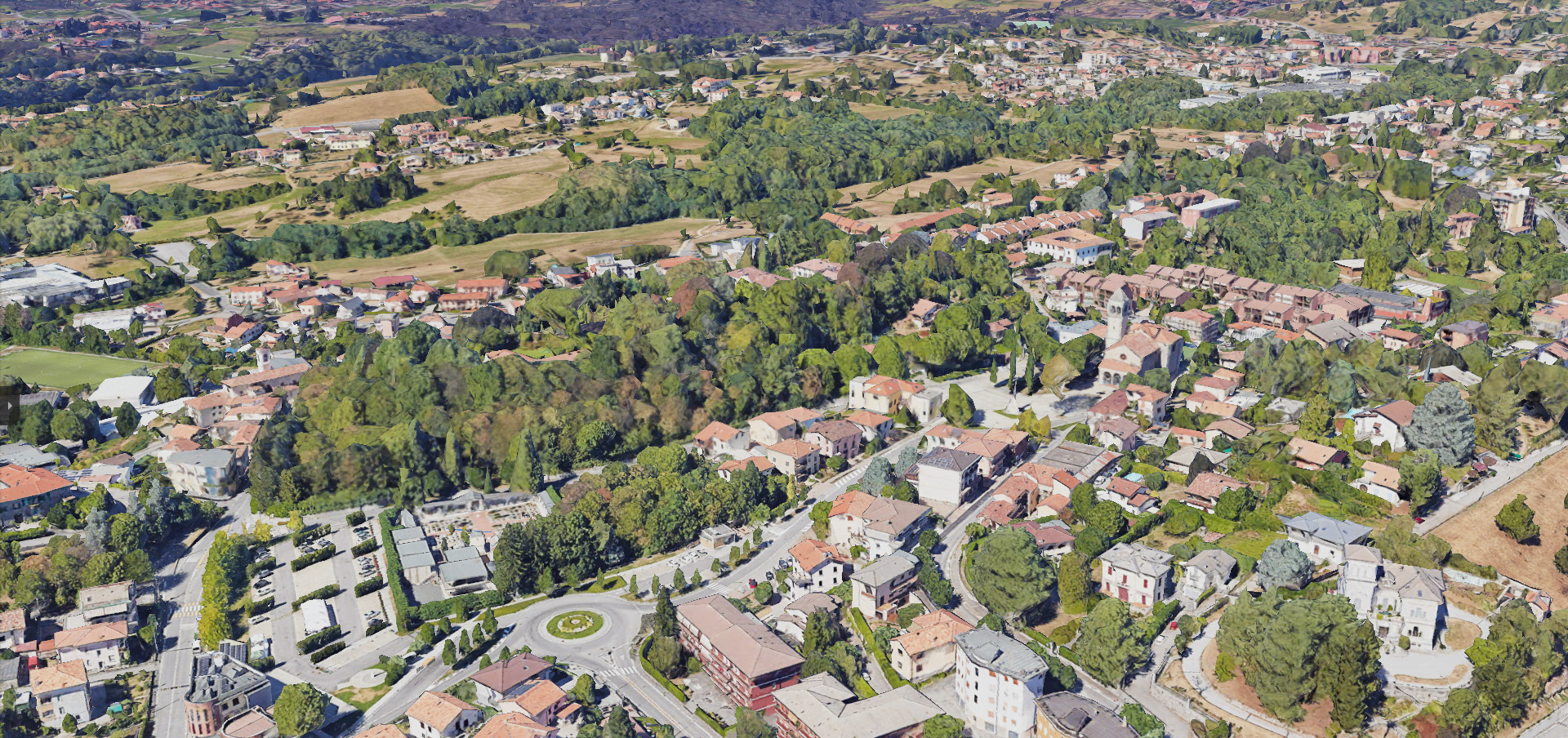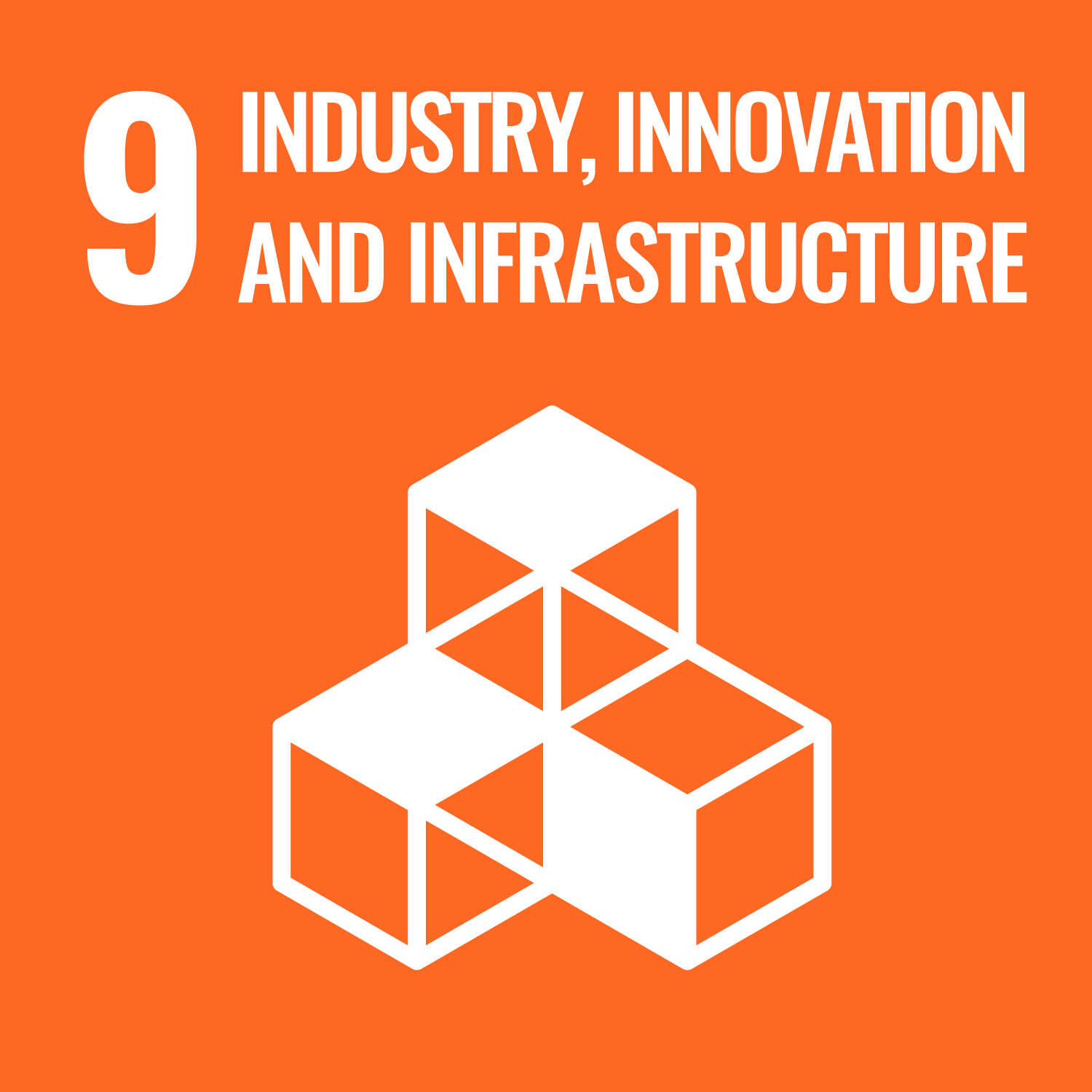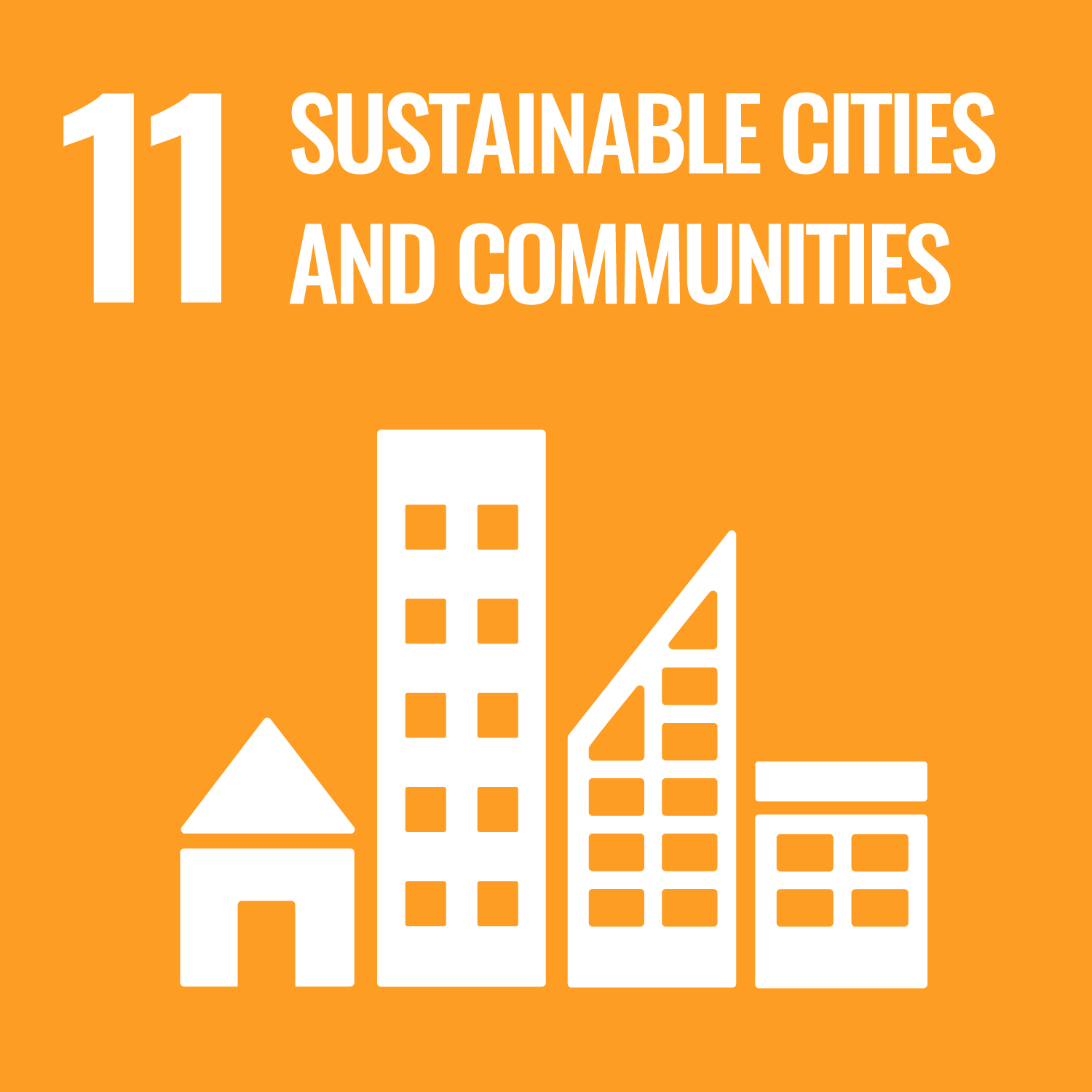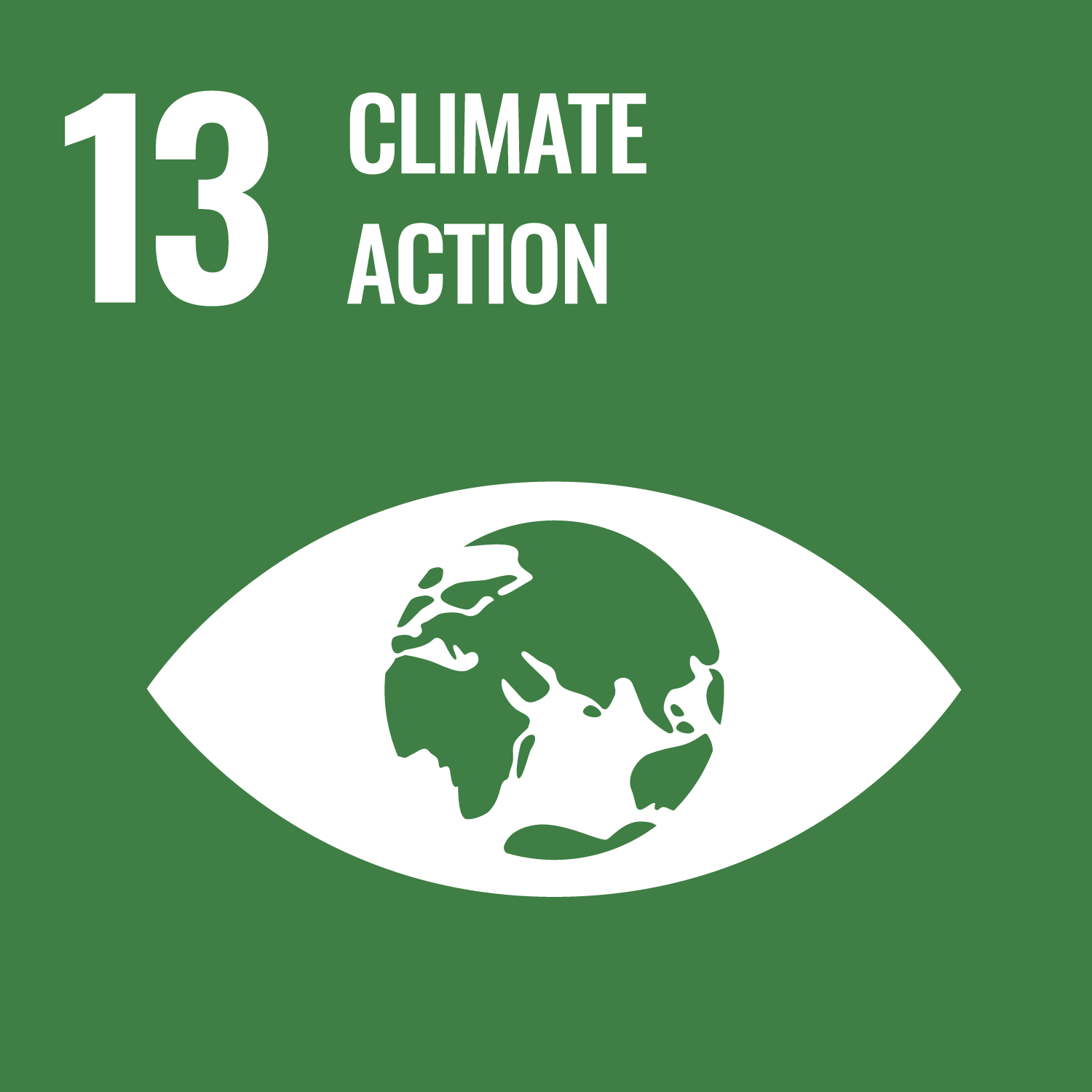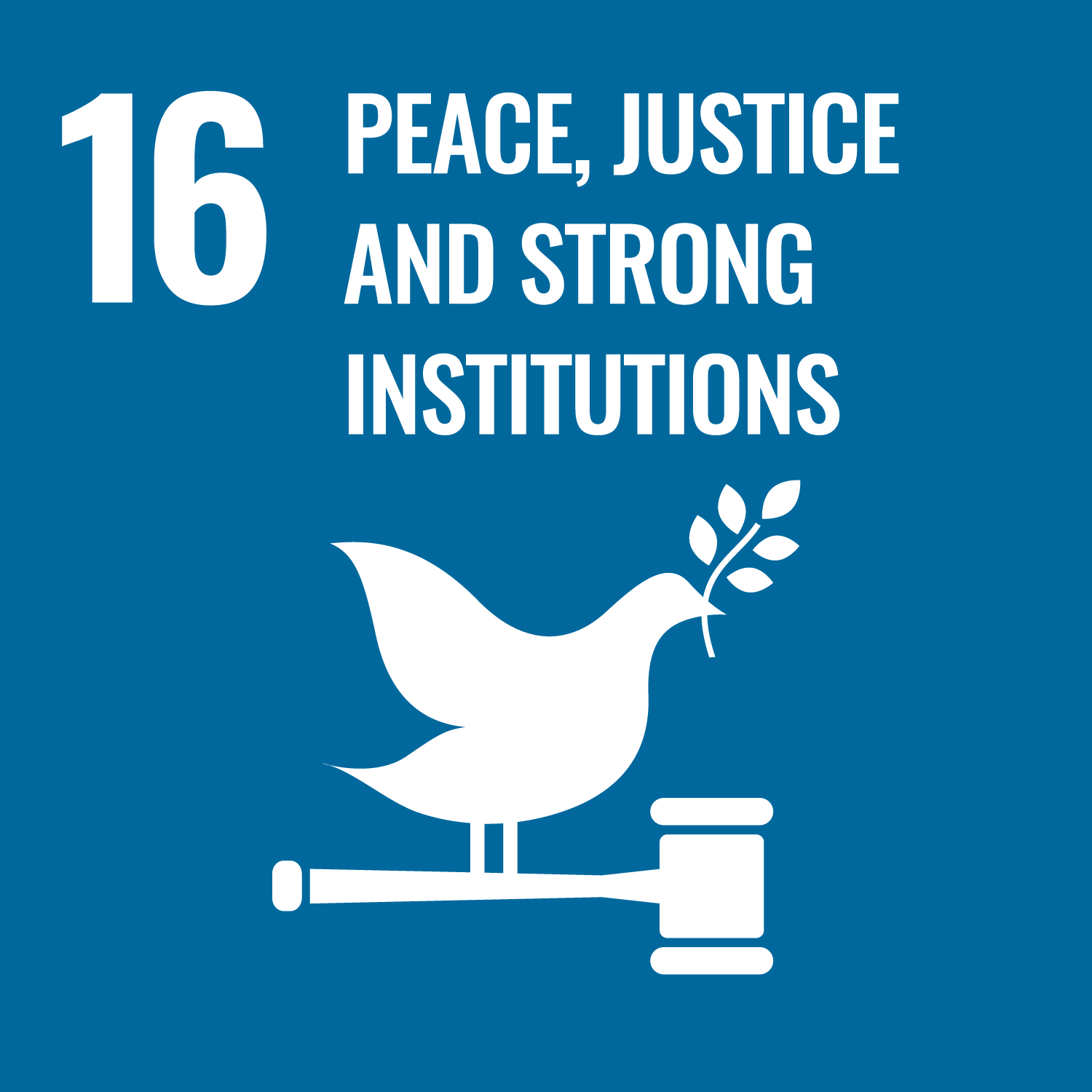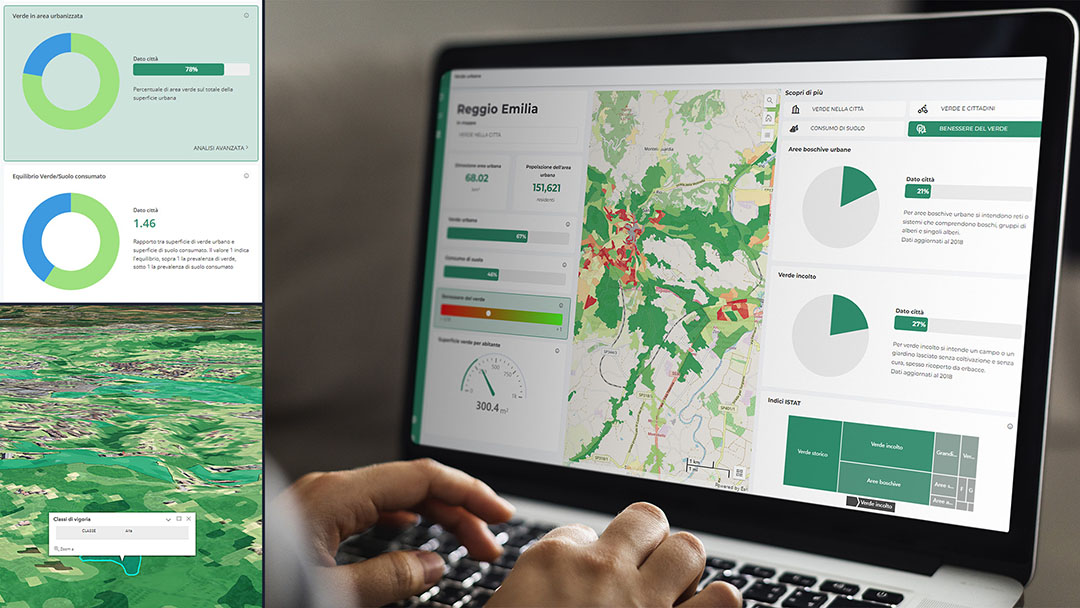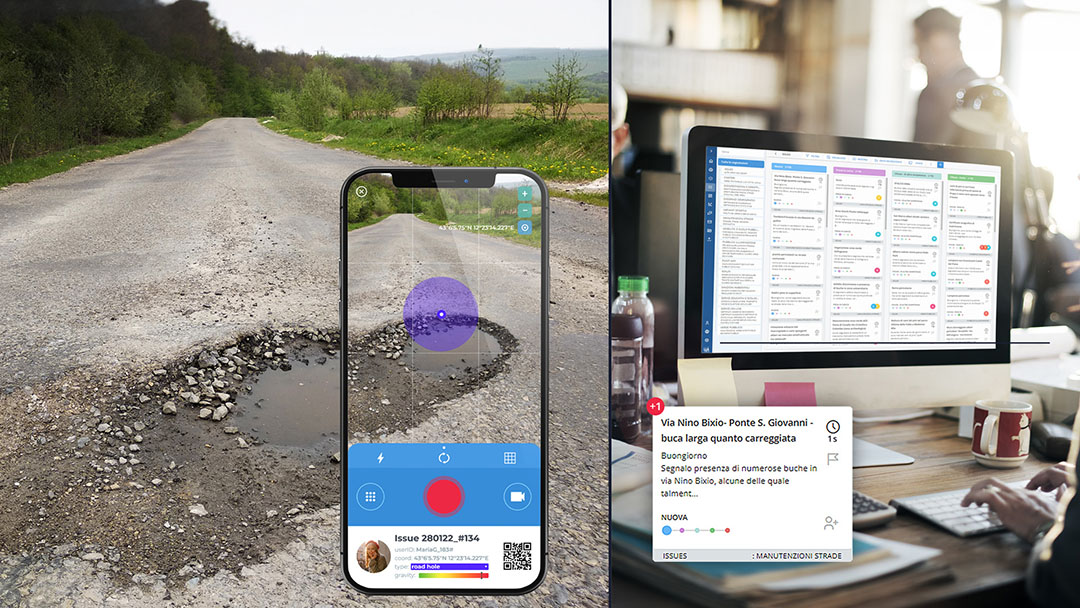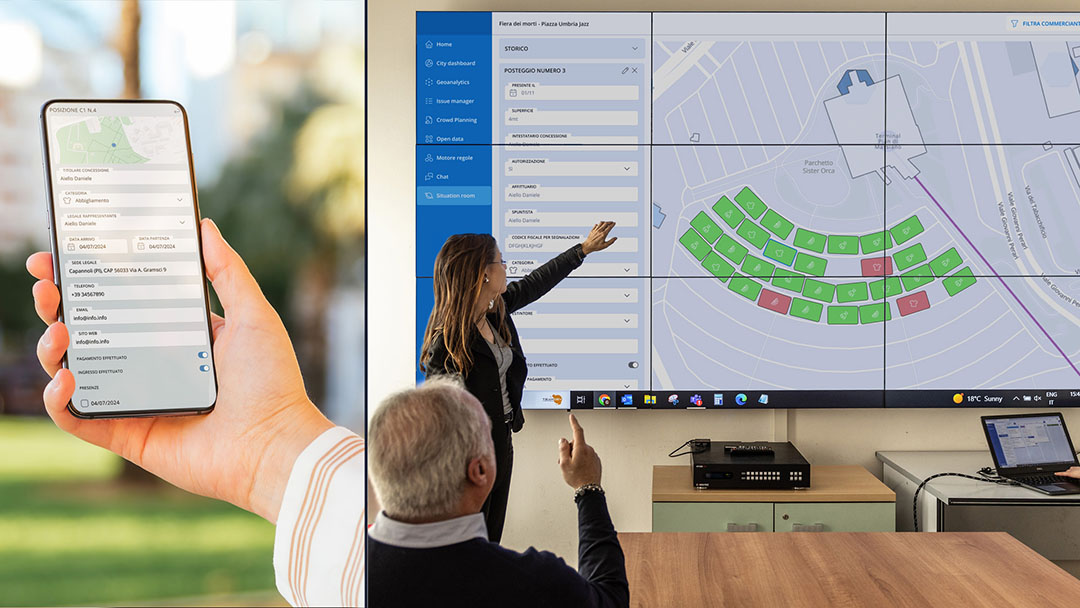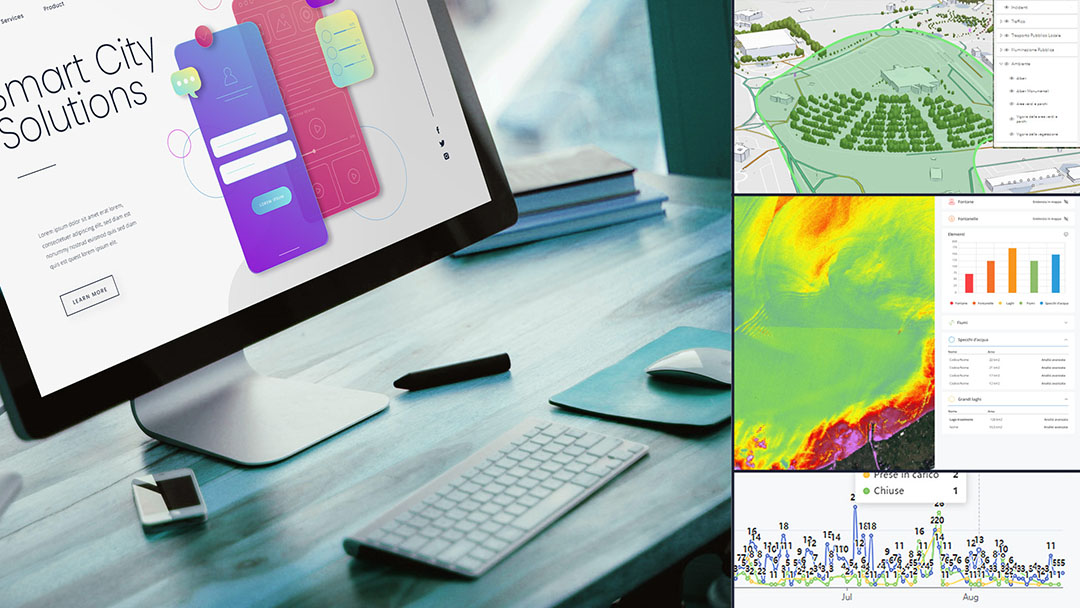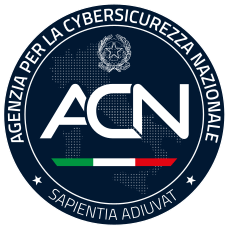san fermo della battaglia
toward a smart and sustainable urban model
San Fermo della Battaglia, with its 7.806 inhabitants, is situated in the province of Como, Lombardy, Italy. The town is famous for the historic battle that has given the place significant cultural importance.
San Fermo della Battaglia distinguishes itself through its beautiful landscapes and a dedicated commitment to the preservation of the natural environment of the territory.
Digitization and sustainability
San Fermo della Battaglia has chosen to adopt the wise city model, with the commitment to safeguarding its territory, preserving nature, and enhancing the well-being of its citizens. This strategic approach draws inspiration from the principles of smart cities, allowing for a flexible adaptation to local specificities.
The integration of technological innovation is imperative in fostering a comprehensive understanding of the territory. Its primary objectives include promoting sustainability, preserving the green heritage, advancing public health initiatives, providing care for the elderly, and fostering inclusiveness.
Toward the Smart City
The WiseTown solution, accessible to the Municipality of San Fermo della Battaglia, is a comprehensive platform featuring various tools designed to streamline decision-making processes. Among these tools, there are the Urban Dashboards, advanced systems for the analysis and visualization of data on the well-being of the population and the economic dynamics of the region. These are complemented by the Issue Manager, a dedicated tool for the centralized management of reports submitted by citizens.
Tool for report management
Issue Manager, available for the Municipality, is a dedicated system that simplifies the collection and management of reports, complaints, and suggestions from citizens. By automating workflows, this tool enhances communication and optimizes efficiency in the management of citizens’ issues.
Leveraging georeferenced data and an advanced reporting system, the municipality can employ Issue Manager to make informed decisions, identify significant trends, and evaluate the most prevalent problem categories. Such an approach fosters an innovative and constructive dialogue between citizenship and administration, contributing to a more transparent decision-making process, tailored to the actual needs of the local community. Link to the Application.
Citizens are empowered with a dedicated application that facilitates the submission of georeferenced reports and enables them to track the entire process: from creation to resolution. The dedicated app is a technological tool and a channel that promotes an open and constructive dialogue between citizens and local government. This approach enhances collaboration between the community and the administrative entity, thus contributing to a more responsible and participatory approach to city management.
Welfare Dashboard
The Municipality of San Fermo della Battaglia has opted to implement a dedicated tool to foster in-depth knowledge of its resident community. The dashboard facilitates continuous monitoring of the city’s social fabric evolution. This decision reflects the importance of having a clear overview of the distribution of the different social categories, including children, young people, the elderly, and families, as well as birth rates.
It facilitates the adaptation of policies and programs to emerging needs, promoting equity and evaluating the effectiveness of measures aimed at enhancing the overall well-being of the population. The dashboard serves as a valuable guide for local government, enabling informed and community-oriented decision-making to improve the quality of life in the community. Link to the application
Economics Dashboard
The Economics Dashboard is an application designed to monitor the economic aspects of the Municipality. This contributes to a better management of resources, ensuring a high standard of well-being for the entire community.
The platform provides an overview of enterprise distribution, their density relative to the population, and the impact of their location on employment and income. Additionally, it enables the assessment of per capita income and citizen well-being, facilitating the identification of socioeconomic disparities and the formulation of inclusive policies. Link to the application
Benefits: smart governance and smart communities
WiseTown stands as a solution that supports the City’s management of both territory and community, particularly attention to the peculiarities and needs of citizens. Aligned with national and European standards, this solution optimizes costs and resources by harmonizing technologies to achieve elevated quality standards.
The positive effects of WiseTown are evident in the relationship between the community and the administration, enabling the adoption of tools designed to respond effectively and efficiently to the needs of citizens while promoting active participation in the social and political life of the city. The application dedicated to reporting critical issues empowers citizens to communicate city problems. This process strengthens the relationship of trust between decision-makers and citizens, promoting greater transparency and involvement in urban management.
WiseTown is a key solution to overcome technological challenges and improve the governance of the city of San Fermo della Battaglia, allowing more efficient data management, active participation of citizens, and overall optimization of the services offered.
San Fermo della Battaglia: characteristics of the city
The Municipality of San Fermo della Battaglia presents a landscape of picturesque beauty, inviting both residents and visitors to engage in captivating excursions and walks amidst the surrounding nature. Nature trails extend to the Regional Park “Spina Verde” of Como, a part of which falls in the territory of the Municipality, enriching the experience of exploration.
Contribution to sustainable urban development
The project aims to contribute to the achievement of the following Sustainable Development Goals of the 2030 Agenda, defined and promoted by the United Nations:
SDG 9. Building resilient infrastructure, promoting inclusive and sustainable industrialisation and fostering innovation
smart city solutions
Customizable modules that support administrators in developing a sustainable, safe, inclusive and participatory urban ecosystem.

